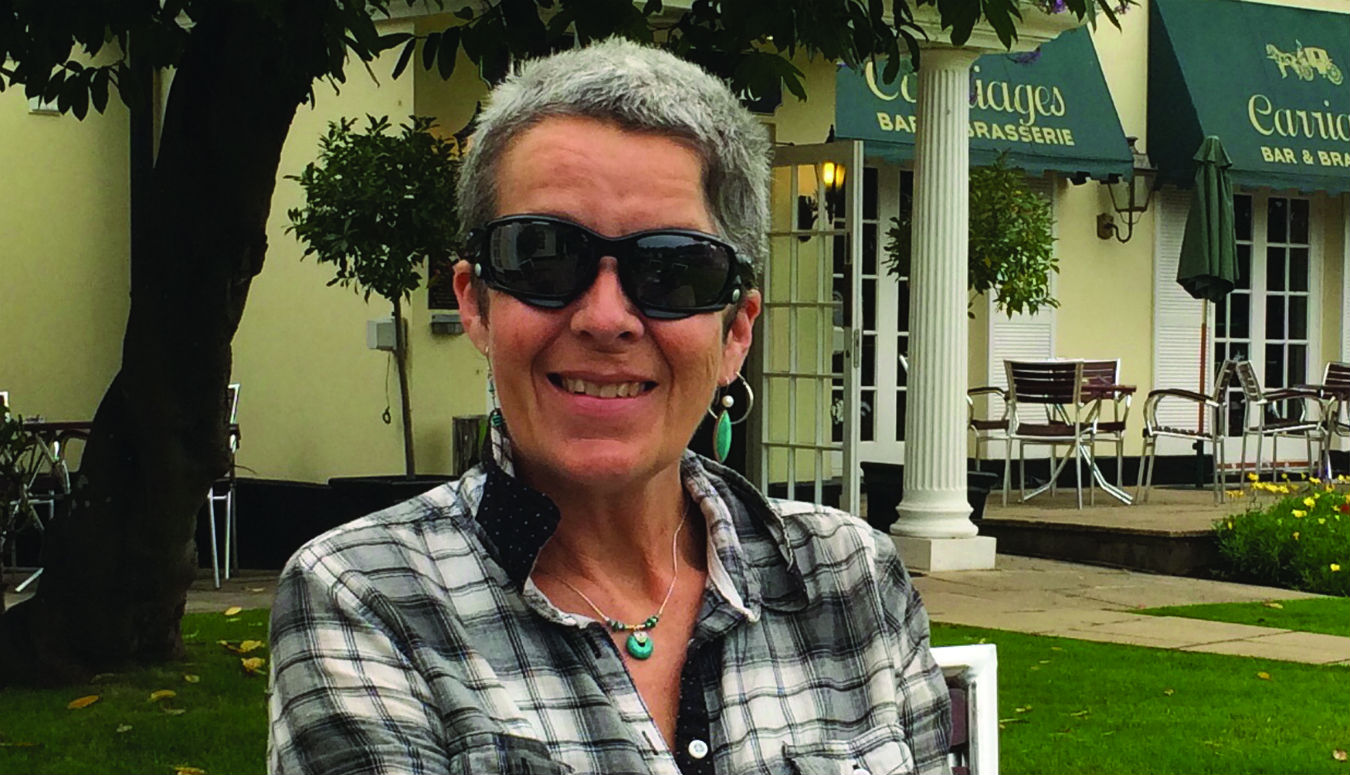
People with a communication disorder commonly associated with stroke are being invited to take part in a trial on whether singing groups can benefit them.
Aphasia is a speech and language disorder caused by damage to the brain. It is thought that around one in three people who have had a stroke experience it to some degree.
People with aphasia can struggle to speak and often make mistakes with the words they use, sometimes using the wrong sounds or putting words together incorrectly. They can also experience difficulty reading and writing.
Researchers at the University of Exeter Medical School are now seeking volunteers in Devon to take part in a research trial called Singing for People with Aphasia (SPA) to determine whether group singing sessions can help reduce the impact the disorder has on people’s lives.
Dr Mark Tarrant, the project’s Research Lead said: “Aside from the difficulty with language, aphasia can have serious detrimental impacts on wellbeing. It often leaves people feeling quite isolated, lonely and lacking in confidence. “We hope the groups will enable people with aphasia to meet and connect with one another, which will help tackle these psychosocial problems that often come hand-in-hand with the disorder. People don’t have to be able to sing to join our groups – they can play percussion instruments or join in via other means.”
Dr Raff Calitri, the Trial Manager added: “Singing has been used as speech therapy for people who have suffered a stroke before. There’s good evidence that group bonding can support people, and people with aphasia tell us that singing has helped improve their communication. “I’d really recommend anyone in the Exeter area living with aphasia following a stroke consider taking part in this trial. By doing so, you’ll help us to learn how acceptable singing groups are for people with aphasia. This will be an important step on our journey toward understanding whether singing groups can improve the wellbeing of those with post stroke aphasia”
Plymouth Music Zone (PMZ), a local charity specialising in the use of music as a tool to improve health and emotional wellbeing, has helped to develop the singing programme and will run some of the singing sessions.
Debbie Geraghty, PMZ's Executive Director, said: "This important trial feels especially timely off the back of the Creative Health report just published last week by the All Party Parliamentary Group on Arts and Health and Wellbeing which highlighted the vital role of the arts in impacting people's wellbeing.
“At Plymouth Music Zone we've seen first-hand over many years how people with conditions like aphasia can have their lives greatly enhanced by music. If this trial with the University of Exeter Medical School could lead to a national roll out of singing programmes for those living with aphasia then it would reach so many of those people who could benefit. We're excited to see how it unfolds and really hope people will feel encouraged to take part."
The researchers are looking for 48 volunteers to take part, half of which will join 90-minute singing sessions once a week for 10 weeks. Travel expenses to the sessions can be paid. Quite a few people have already volunteered but there are about 10 spaces left in the study. All volunteers will be asked questions about the impact of their aphasia before, immediately after, and a few months after the research, at their homes.
This research is funded by The Stroke Association and supported PenCLAHRC.
For more information and to volunteer visit the website or contact Raff or Mary Carter (trial researcher).
Case study: Sandhy Robinson-Jones

Sandhy Robinson-Jones was left angry, frightened and confused by the impact of a stroke following a brain haemorrhage in 2014.
At the time she was 52 and running her own graphic design business – but aphasia left her unable to talk or read.
Sandhy, from Exeter, was recovering from a three year battle with ovarian cancer when she experienced a severe head pain and vomiting. She collapsed, and was unconscious for around eight hours before she was found. Sandhy was in a coma for four days and spent four months in hospital.
She said: “I was an outgoing, gregarious person. I loved to talk and socialise – but suddenly I found I couldn’t even ask for a sandwich. I couldn’t get the words out. I’d make sounds and people would just look at me blankly. It meant my life was gone. I was constantly frustrated, terrified and confused.”
In the past three years, Sandhy has made slow but steady progress. She is still unable to work, but volunteers with the charity group Living With Aphasia. While she still has difficulty finding words at times, she can now communicate confidently.
“It’s such a slow process, but I’m relieved that I can talk again,” she said. “One thing that has really helped is our singing groups for people with aphasia. I’m a terrible singer so I usually hang out at the back, but some people here can hardly speak at all, yet they take part. It’s really valuable to spend time with people who have aphasia and to do something together. It builds friendships and really helps us rebuild our confidence.”
